In conversation with Liz Ham
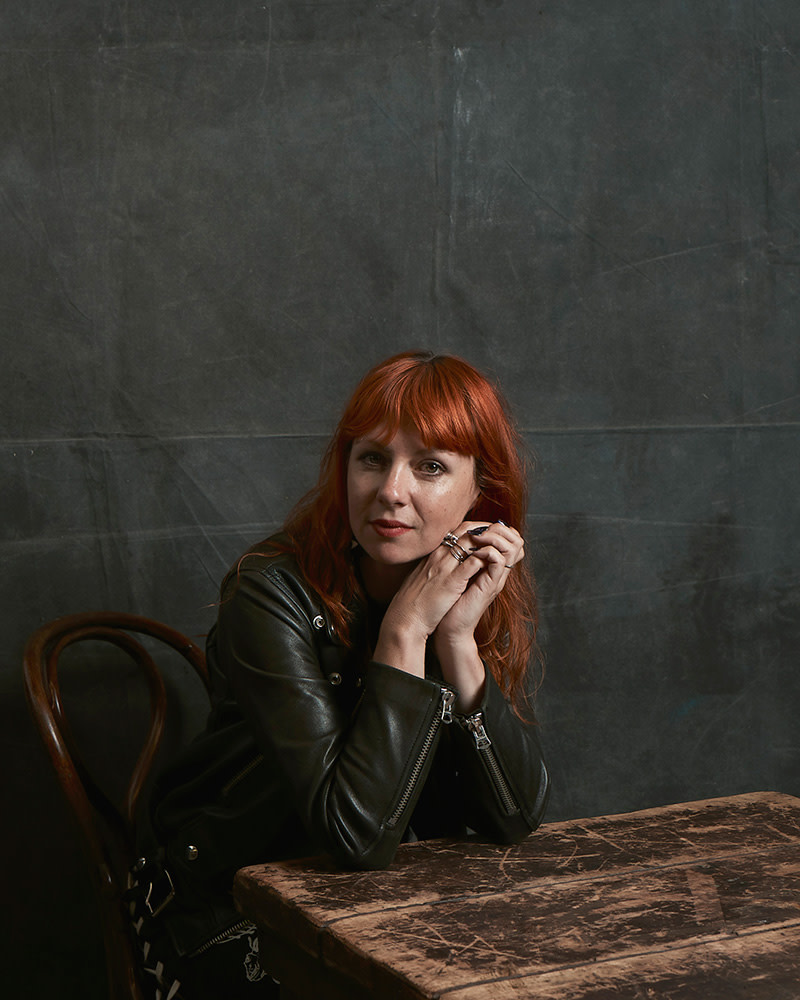
For over 20 years Liz Ham has been crafting captivating imagery in a wide-ranging career that spans documentary, fashion, and portrait photography. Throughout her practice Liz employs all three of these skills, weaving them together to create a body of work that’s best known for celebrating her subjects and centering their identity.
Her highly-celebrated 2017 monograph Punk Girls is the perfect example of how this plays out. The book is a lovingly crafted celebration of subculture and the often overlooked diverse community that lies at the heart of it. Captured over five years, it features musicians, artists, performers, and any other female identifying punks that found themselves relating to the movement. These portraits are featured alongside documentary style images of the punk scene and punk-influenced fashion photography to create a body of work that highlights not just women in punk but women everywhere.
Ahead of her appearance at Semi Permanent Wellington, we caught up with Liz to learn more about how Punk Girls came to be and how it embodies Liz’s highly-personal approach to photography.
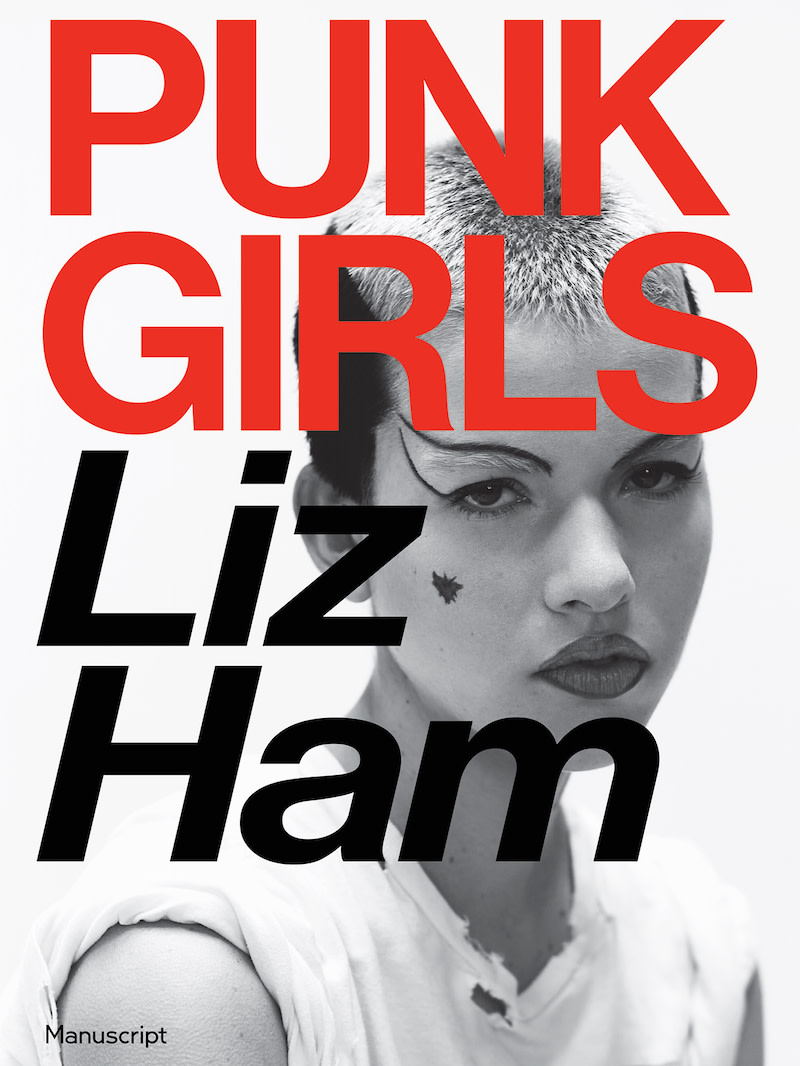
Could you give us a rundown on how Punk Girls came about?
I’d found that the fashion photography I was doing was heading in a darker, punkier style. And so I decided to do more shoots that were punk-influenced and I’d also just invested in a really beautiful custom made camera. I knew I needed to do something really juicy with it. With the punk stuff rumbling around in my mind, I started noticing a lot more punks in my local suburb. So I thought I’d use this camera and do a portrait series with it.
Did you find most of your subjects on the street?
I made a little flyer and stuck it all over Newtown and Inner West Sydney, put it online, and left it in the girls bathrooms at gigs. It had a picture of ‘70s punk Soo Catwoman and said, “Wanted: punk girls, if you've ever related to the movement, past, present, or future and would like a portrait get in touch.” People started to respond and they’d come to my studio to do these really great hour-long sessions. We’d do a few digital photographs to ease into it and then take some large format film shots — usually only about six frames per person because that's all I really could afford.
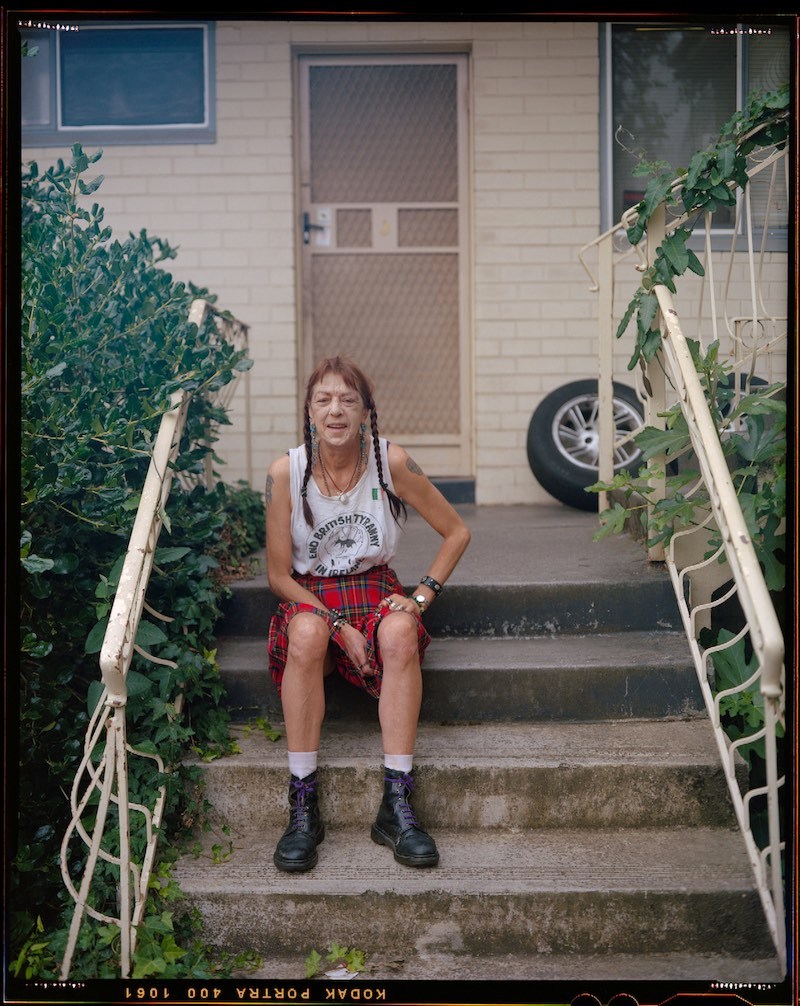
What do you think motivated them to come forward and get their portrait taken?
It takes a lot of guts to do that. But it also takes a lot of guts to present yourself as a punk in society. It takes courage to be out in the world, looking in a way that is confronting to some people. Sometimes that in itself can be a camouflage that people wear to make themselves feel stronger and bigger. And so a lot of them, although they appeared really strong and tough, would have these beautifully fragile inner lives. Of course, some people are really gregarious and natural in front of the camera while others might be shy. And so as much as it was about women and femme identifying punks, it was also a microcosm of what it means to be female identifying in this time.
Had you always planned for it to be a book?
At first I thought I would make a small self-produced zine. But it just got bigger and bigger. Eventually I realised I had to put a number on it or I'd be doing it for the rest of my life. So it became 100 portraits. I started throwing in a smattering of my fashion images that hadn't really gone anywhere. I was also photographing a lot of documentary imagery by going to gigs, warehouses, events, and shooting that more reportage style as well. It became a really interesting mix. Most photographers don't combine fashion stylised imagery with quite raw portraiture, and even more raw documentary material. But I knew if I was going to do it and make it feel like mine then it should be a complete expression of my life and art.
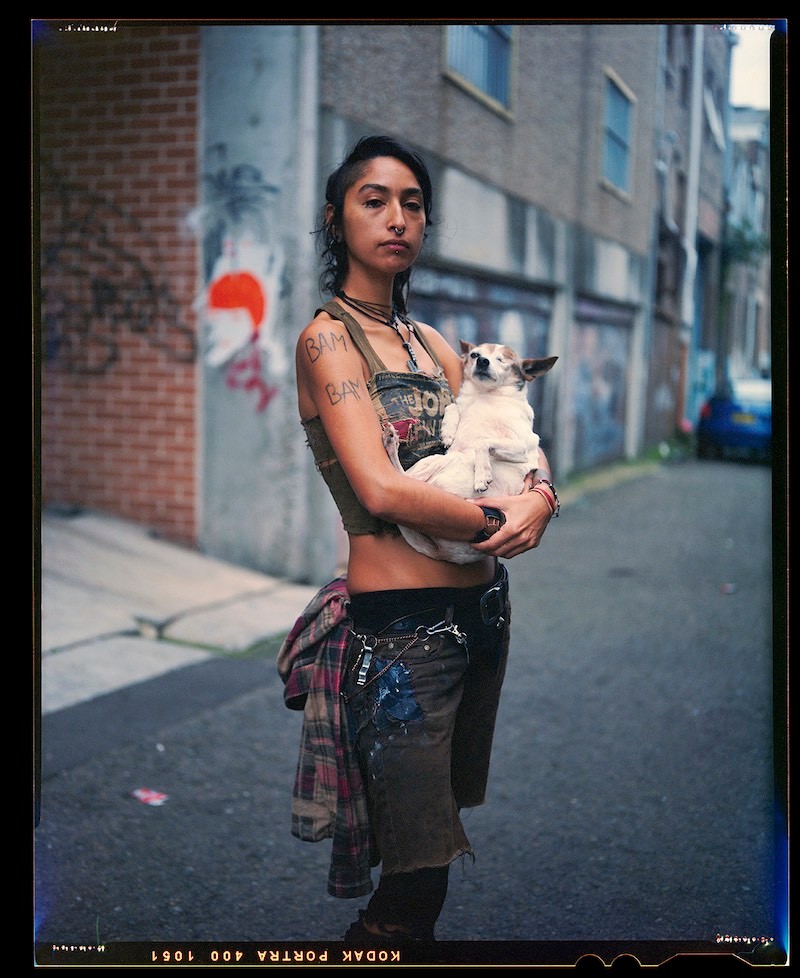
Have you considered a follow up?
I think the title Punk Girls sometimes makes it feel more binary than it really was. So that's my biggest conundrum. Moving forward, I don't think I’d want to do such a specific sounding project. I still photograph a lot of girls that are in the punk scene. But I think I've opened that up a bit more. I also photograph all sorts of people with different bodies and I'm a lot more interested in all the different stories there are. I'm also really intrigued about working with individual people in a more collaborative and ongoing manner as well. A lot of the work I do now comes back to the subject over a period of time and creates a closer collaborative relationship.
Is the approach different when you’re shooting a portrait versus a fashion project?
I feel like they're quite integrated. My fashion work is instructed by my interest in documentary and portraiture. But I also think my fashion work instructs how I shoot my portraiture too. I approach any subject in a way where I don't really want to show people in a negative light. I want to make people look and feel the best they can.
How do you create trust to make sure you can bring out a subject?
I tend to relax people. They ease into it and it's not a stressful situation. Even in some really short bursts where I've only had 10 minutes, to hear, “I've always been so stressed in front of the camera but I felt fine.” That's just the best news in the world. Perhaps somewhere along the line, my personality led me to fall into that specific niche because it just made more sense for me. But I do remember being a bit freaked out back in the early days of shooting portraits, especially celebrities. It gets a little bit easier every time, I suppose.
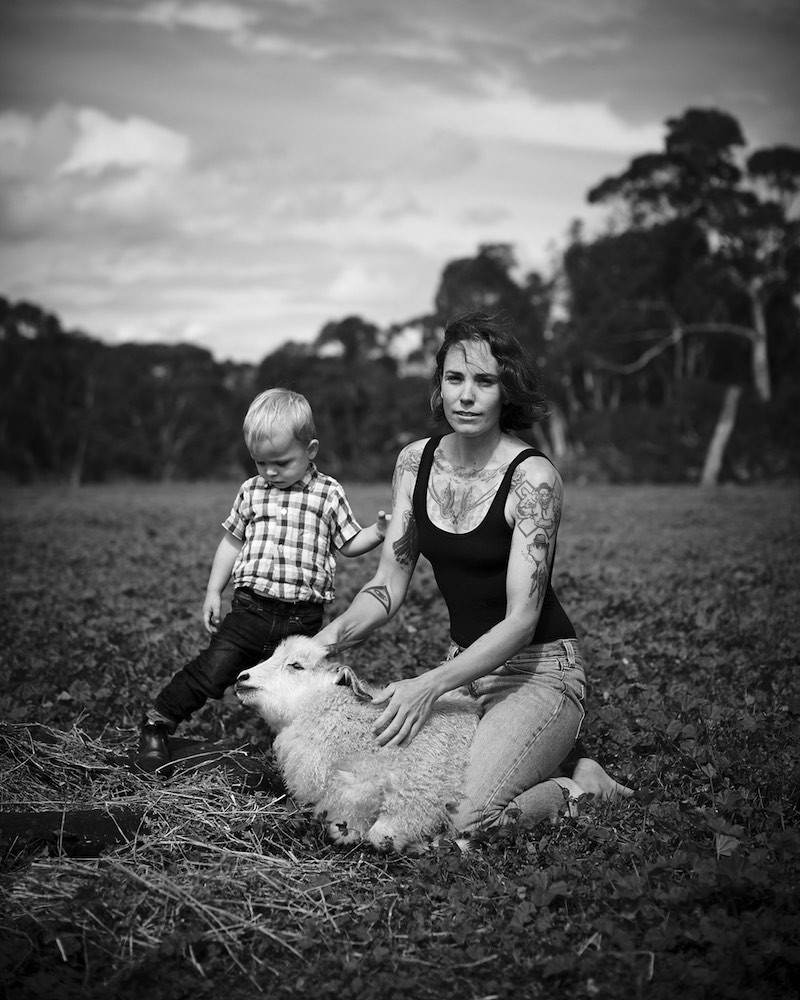
You’ve had a long-running and wide-ranging career. What's changed the most since you first started?
I wish I could say money [laughs]. But that comes down to my own choices.
Is that because you’re doing less commercial work and focusing on more personal projects?
Exactly. I've moved further and further away from the world of commercial photography but the result is that I'm a far happier person.
To answer your original question, I think the biggest change comes from figuring out what you do well. Early on I felt like a jack of all trades. And I often wondered what I was trying to say. It’s really only in the last 10 years that I've actually figured out what my strengths are and what my style truly is. It’s been really reassuring to figure that out and concentrate on those things.